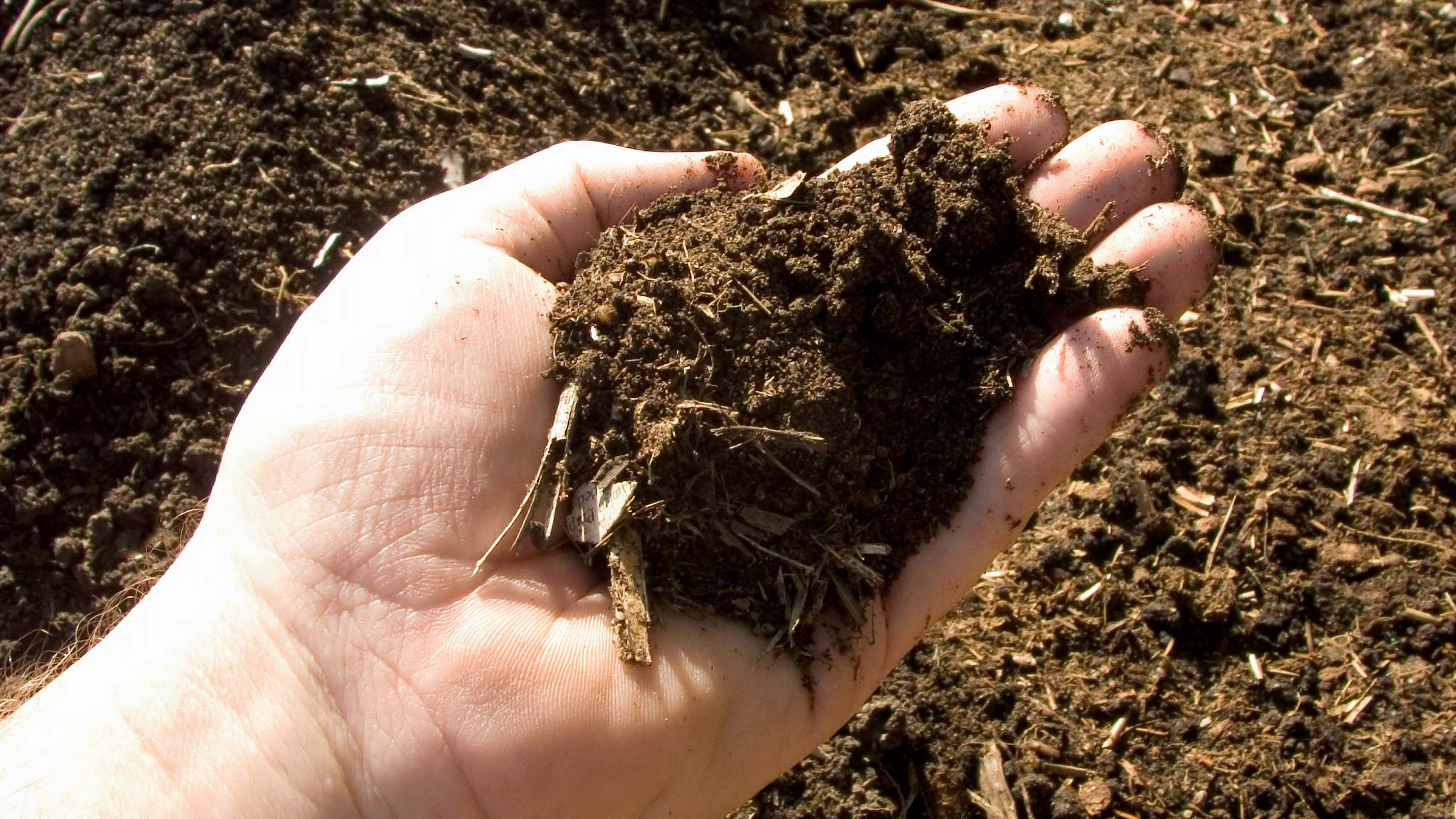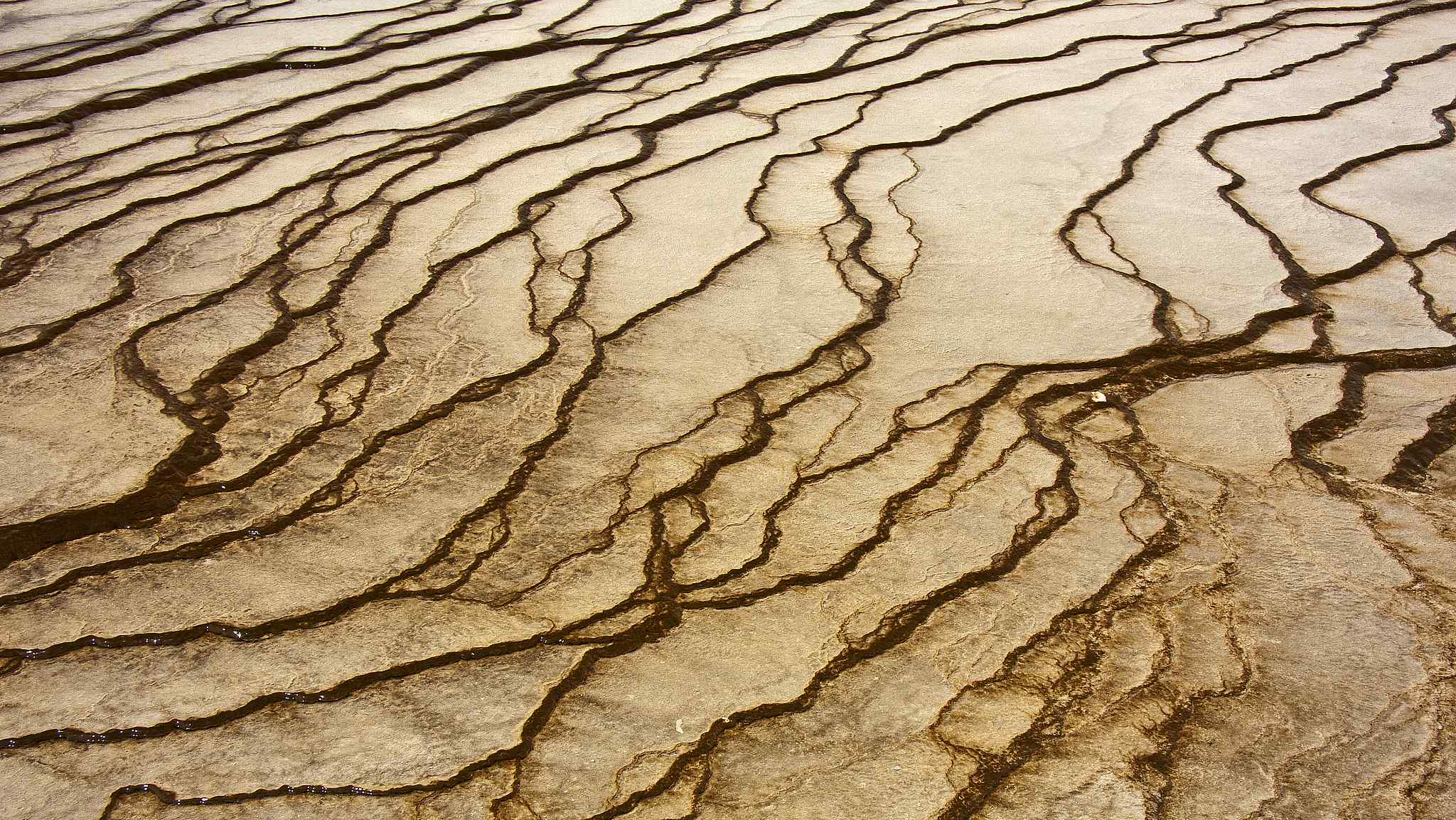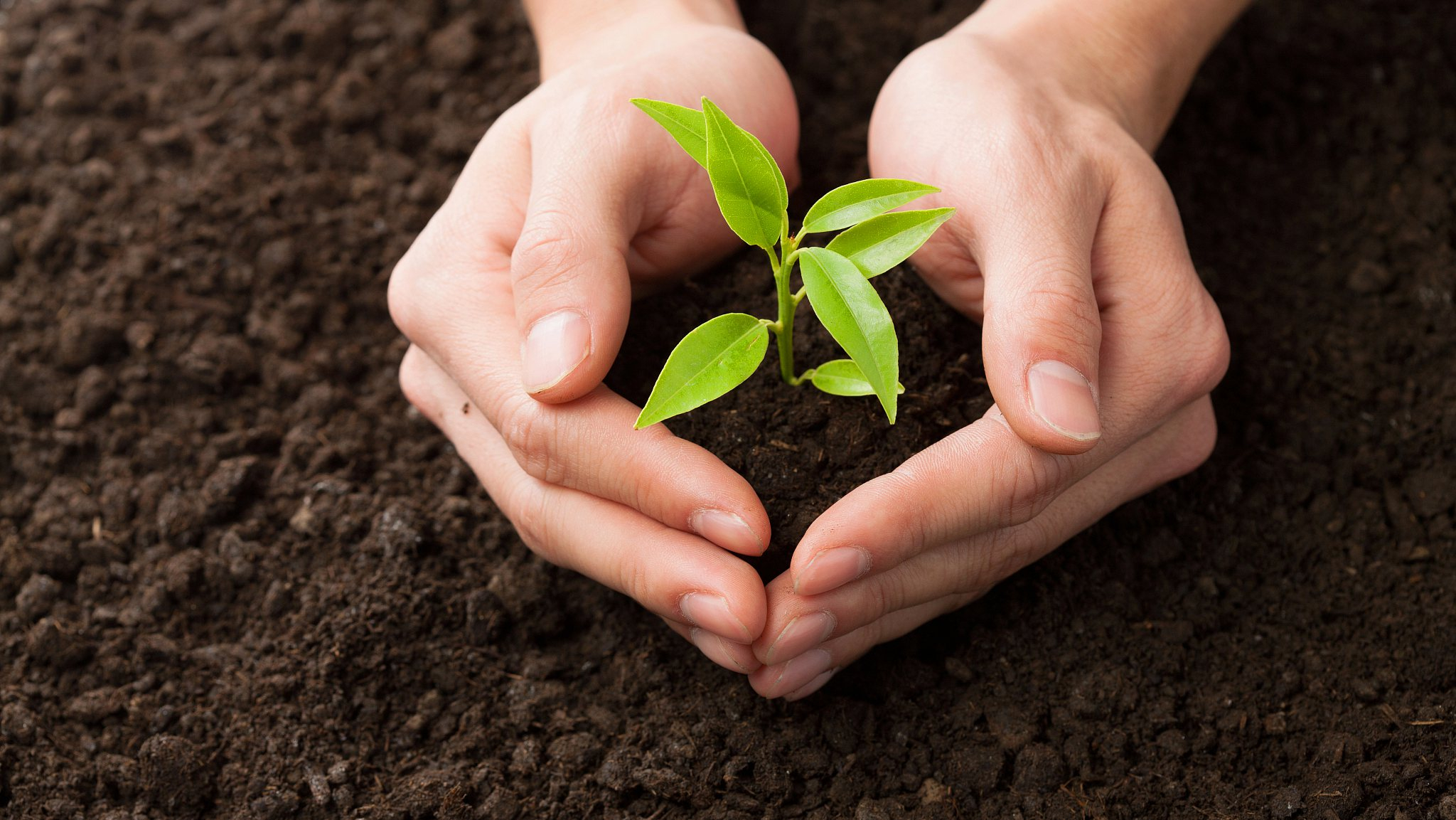
Nature
20:35, 04-Dec-2018
Soil bacteria take half a century to react to climate change
Updated
20:28, 07-Dec-2018
By Zhao Ying

Soil bacterial diversity might dramatically increase if it could balance to the current climate conditions, and the full impacts won't be seen for at least 50 years, according to a study conducted by Chinese and American scientists.
Based on soil samples collected from the Tibetan Plateau, the U.S. and Canada, researchers found that recent soil bacterial communities are far more correlated with the climate record from 50 years ago, which indicates that soil bacteria have a somewhat lagged reaction to changing climate conditions.

Yellowstone Bacteria Mats. /VCG Photo
Yellowstone Bacteria Mats. /VCG Photo
Soil bacteria play important role in maintaining soil health and fertility. They can regulate carbon storage, produce and absorb greenhouse gases such as methane and nitrous oxides. According to a study on climate-smart soils, carbon storage in the global farmland soils could reduce greenhouse gas concentrations by around 50 to 80 percent.
Variations in climate conditions can affect the population of soil bacteria and alter the balance of CO2, N2O and CH4 production and degradation. It is said that temperature rise would increase soil bacterial respiration, which lets more CO2 and methane released into the atmosphere and further exacerbates future rates of climate change.
Climate change is disrupting almost all ecosystems on earth. This research supported by the Chinese Academy of Sciences (CAS) and the U.S. energy department is considered of great importance for assessing the impact of climate change on terrestrial ecosystems.

A seedling in the soil protected by hands. /VCG Photo
A seedling in the soil protected by hands. /VCG Photo
The impact of the predicted widespread increase in soil bacterial diversity in the study remains unknown. There have been studies showing how plant and animal communities lag behind climate change, and slowly extinct as they equilibrate to the current climate.
Soil bacteria are our key ally in fighting climate change. They not only absorb greenhouse gases but also help plants like wheat and rice to withstand drought. Protecting the soils that are home to soil bacteria are the challenges in the face of global climate change.

SITEMAP
Copyright © 2018 CGTN. Beijing ICP prepared NO.16065310-3
Copyright © 2018 CGTN. Beijing ICP prepared NO.16065310-3